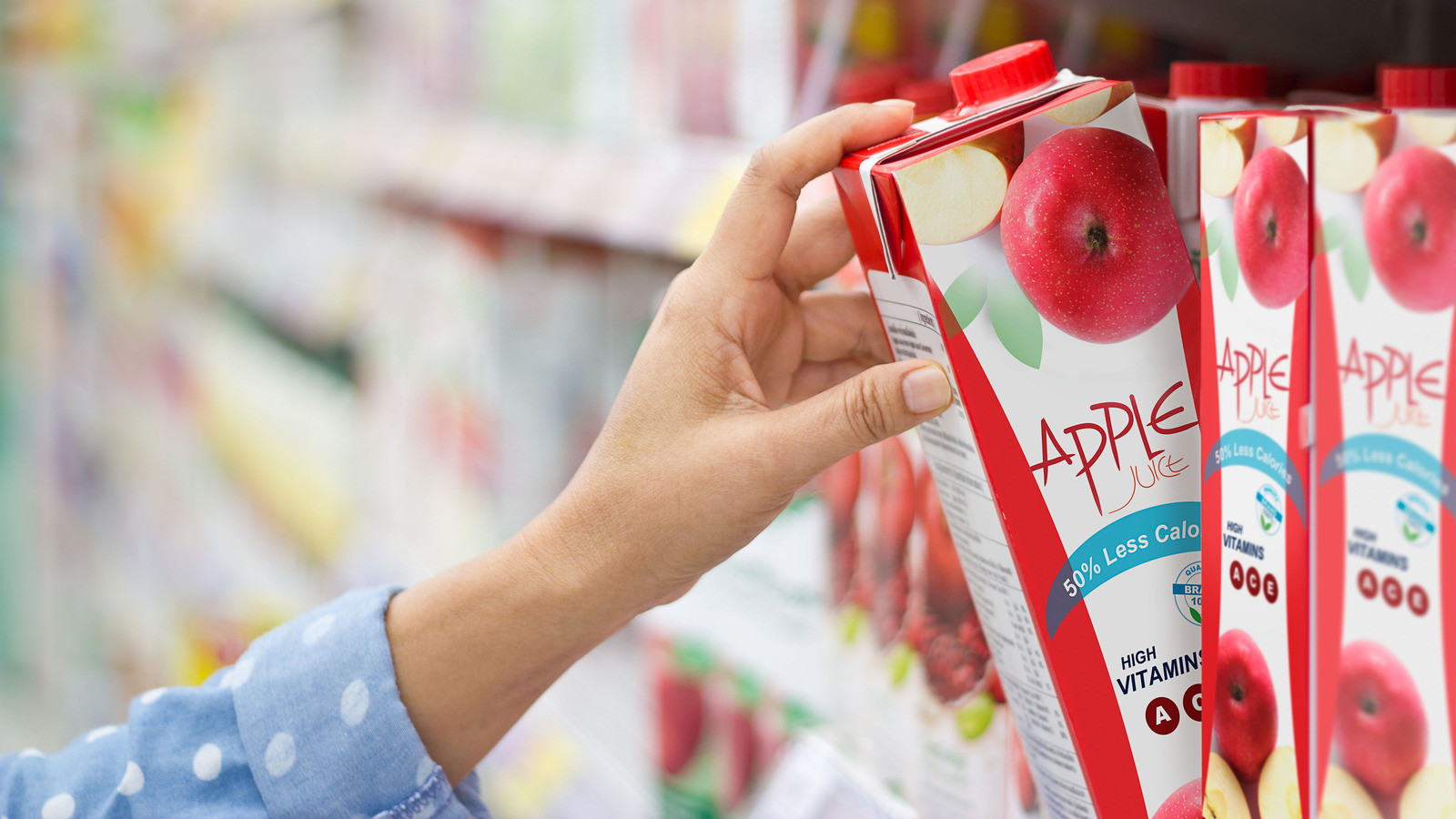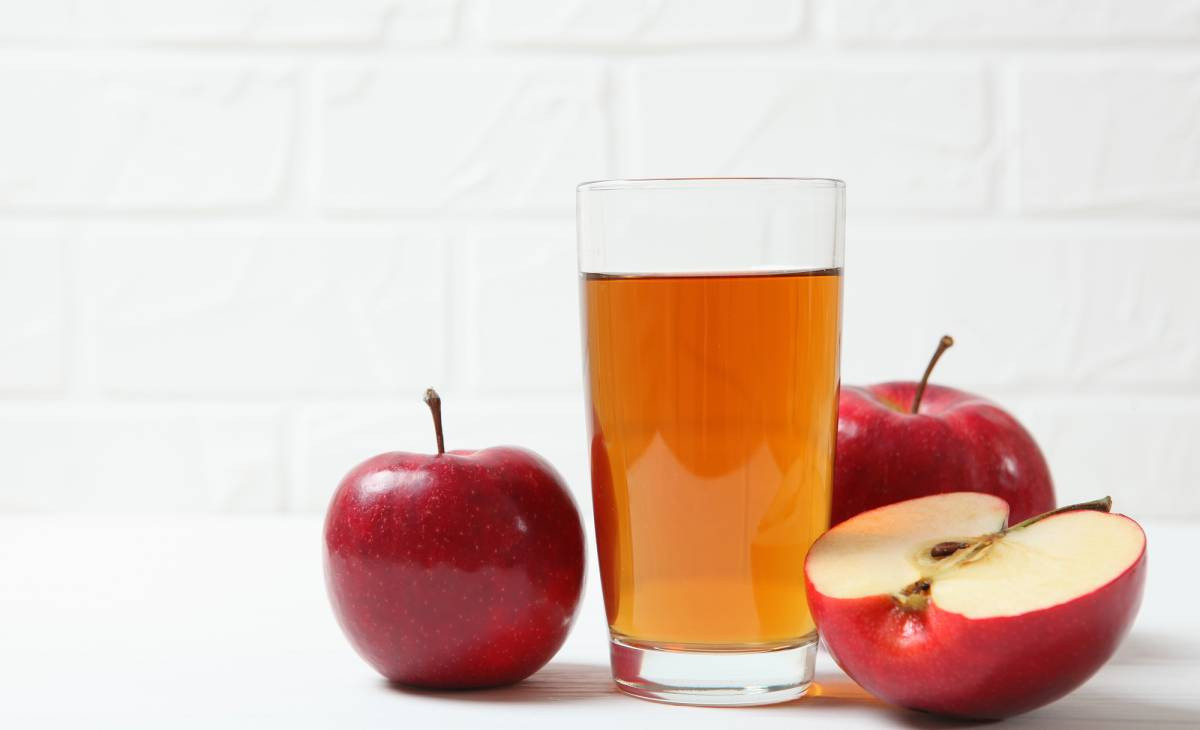Walmart voluntarily recalled almost 10,000 cases of its Great Value brand apple juice due to concerns of high arsenic levels, a recall the Food and Drug Administration upgraded because the products may cause temporary adverse events, though the agency hasn’t shared any reports of illnesses.
Walmart recalled 9,535 cases of its 8-ounce Great Value brand apple juice bottles on August 15 after discovering the bottles contain high levels of inorganic arsenic that exceed industry standards, according to a notice by the FDA.
The FDA upgraded the recall Friday to a Class II recall, meaning consuming the products could potentially “cause temporary or medically reversible adverse health consequences or where the probability of serious adverse health consequences is remote.”
The FDA has not shared whether the affected juices have caused any reports of adverse events in customers.
Florida-based manufacturer Refresco Beverages US Inc. issued the voluntary recall, which applies to Walmart locations in 25 states, Puerto Rico and the District of Columbia.
The best if used by date for the affected products is Dec. 28, 2024.
“The health and safety of our customers is always a top priority,” Walmart said in a statement shared with Forbes. “We have removed this product from our impacted stores and are working with the supplier to investigate.”
What is arsenic and why is it in apple juice?
Yes, arsenic can be found in some apple juice and other fruit juices. Arsenic is a chemical that occurs in the environment from both natural and manmade sources like volcanic eruptions, arsenic-containing rocks, arsenic-containing pesticides or contamination from mining, according to the FDA. There are two types of arsenic: organic and inorganic. Inorganic arsenic is considered more dangerous, and apple juice is one source of exposure to inorganic arsenic. The FDA monitors arsenic levels in apple juice and set a limit of 10 parts per billion for inorganic arsenic in 2023.
What are the health risks of arsenic?
The most common source of arsenic exposure is contaminated drinking water, but it can be found in low levels in other food products like rice and fish since the chemical can occur in soil and water, according to the National Institute of Environmental Health Sciences. Arsenic can affect a wide range of organs and systems including the immune system, cardiovascular system, skin, endocrine system, nervous system, prostate glands, respiratory system, kidneys, bladder and liver, according to the NIEHS. Short-term exposure to high levels of arsenic can lead to nausea, vomiting, bruising and numbness or a burning sensation in the hands and feet, according to the FDA. Both forms of arsenic are known carcinogens, and long-term exposure is associated with lung, skin, liver, kidney and bladder cancer. Childhood exposure to arsenic may increase the risk of developing bladder and lung cancer later in life, according to research by the University of California, Berkeley. Some studies have found a connection between exposure to low-to-moderate levels of arsenic and metabolic diseases like diabetes.
What should you do if you purchased recalled apple juice?
If you have purchased Great Value apple juice that is included in the recall, you should not consume it. Instead, you should return the product to your local Walmart store for a full refund.
What does the FDA say about the recall?
The FDA has classified the recall as Class II, meaning it could potentially cause temporary or medically reversible adverse health consequences. However, the agency has not received any reports of illnesses related to the recalled apple juice.
What does Walmart say about the recall?
Walmart has stated that the health and safety of its customers is a top priority. The company has removed the recalled product from its stores and is working with the supplier to investigate the issue.
Conclusion: Staying Safe with Food Recalls
This recall highlights the importance of staying informed about food safety alerts. The FDA and other government agencies issue recalls frequently when food products are found to be unsafe for consumption. By being aware of these recalls, consumers can take steps to protect their health and safety. It's essential to check the FDA website or other reliable sources for updates on food recalls and to always follow the instructions provided by the agency.
It's also important to note that even though the FDA has classified this recall as Class II, it's still advisable to avoid consuming any recalled products. While the risk of serious health consequences may be remote, it's always better to err on the side of caution when it comes to food safety.



















